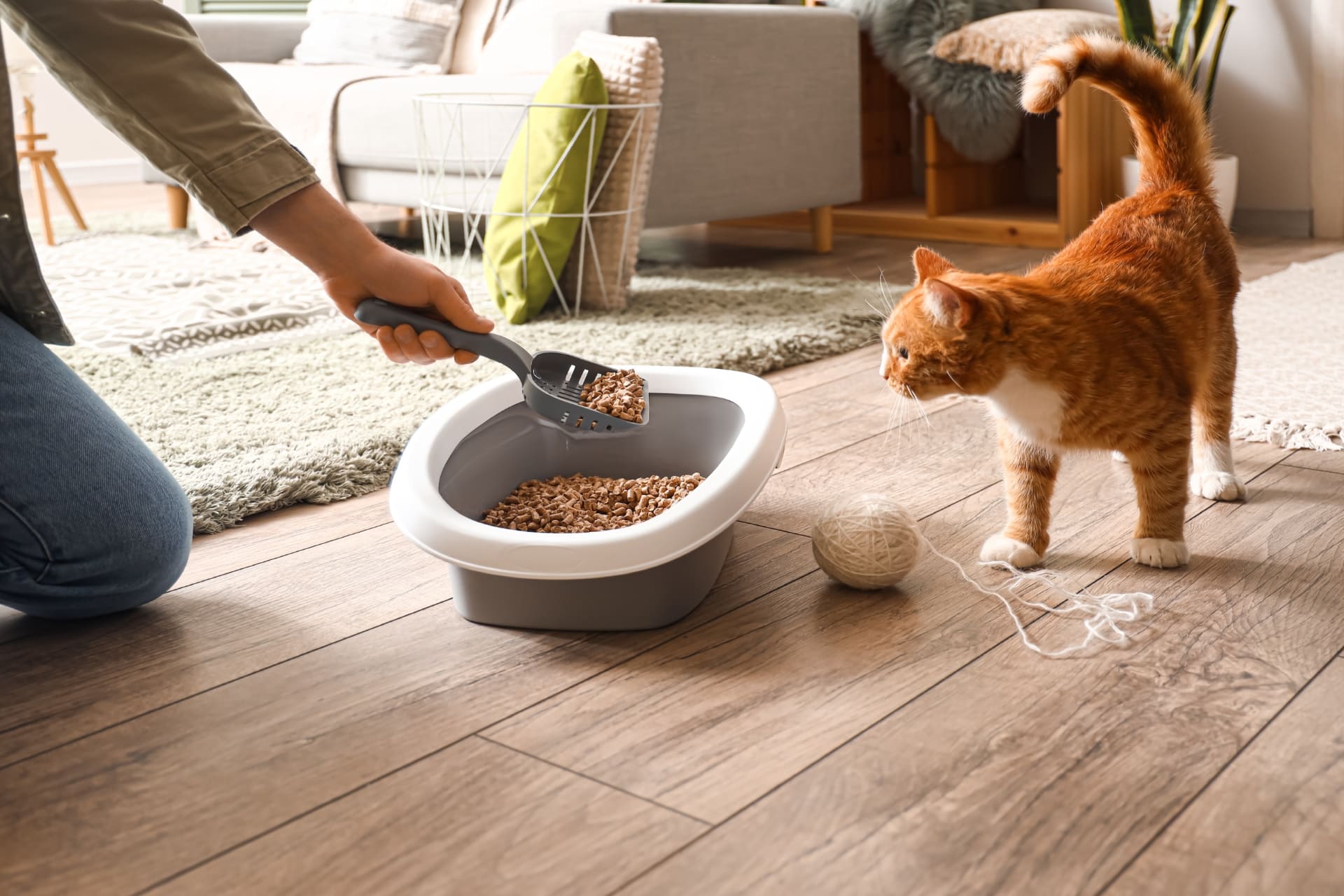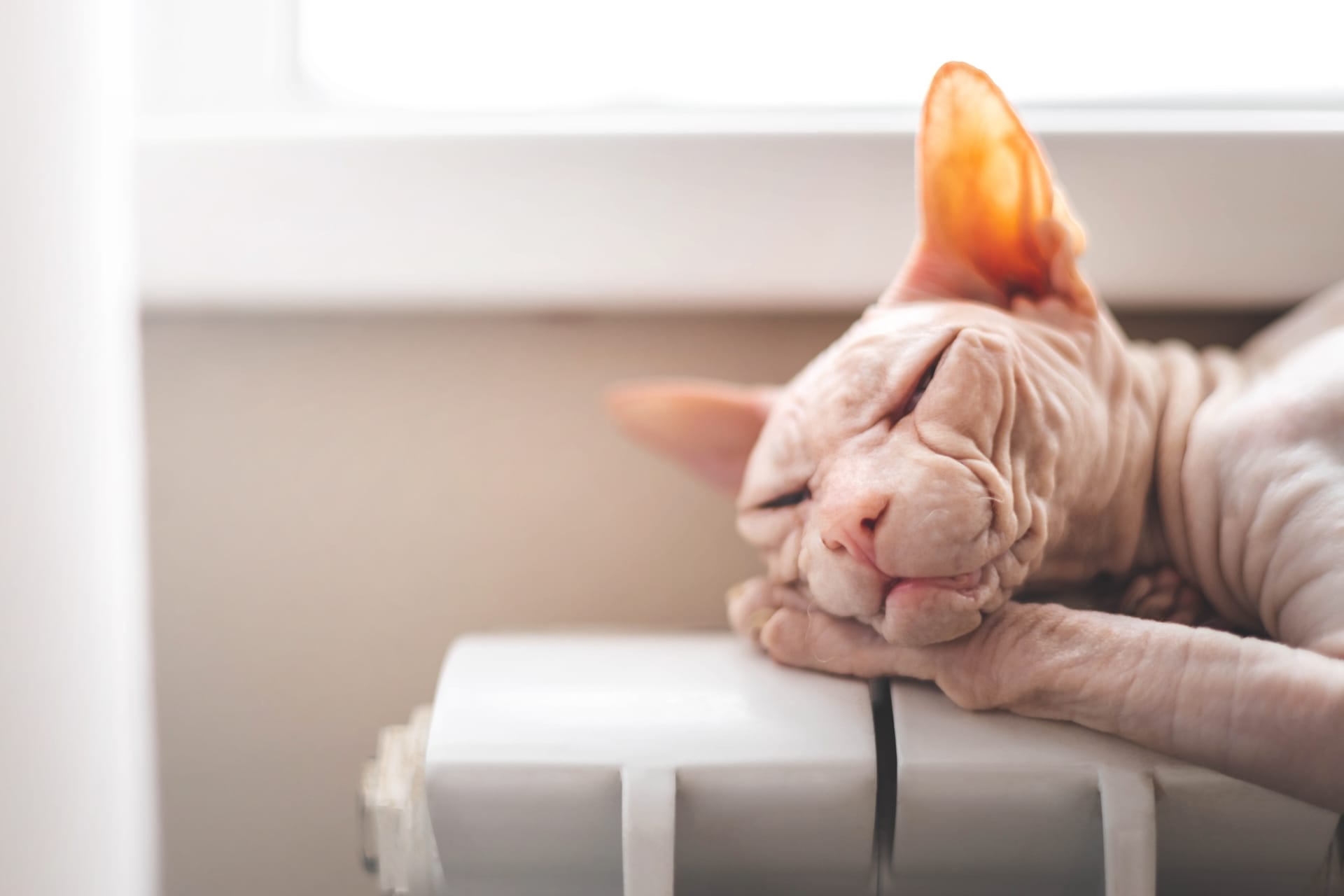In a nutshell: Healthy cats poop once or twice every 24 hours—up to 36 hours—but kittens and seniors vary. Know what’s normal to catch issues early and keep your feline friend thriving!
How often do cats poop? It’s a question that pops up when you’re scooping the litter box—or wondering why it’s been suspiciously quiet. On average, a healthy adult cat poops once or twice every 24 hours, up to 36 hours, but factors like age, diet, and health can shift the rhythm. Kittens might go twice a day, seniors every other day, and everything in between depends on what’s fueling your cat. Whether you’re a new cat parent or a seasoned pro, this guide dives into normal bowel habits, what healthy poop looks like, and warning signs to watch—complete with a handy chart, vet-backed tips, and links to tackle constipation or tweak their diet. Let’s get to the bottom of your cat’s litter box story!
How often should cats poop? The essentials
A cat’s poop schedule hinges on their life stage—here’s the rundown:
- Kittens (up to 6 months): 1-2 times daily—their turbo metabolism means more action.
- Healthy adult cats (6 months to 8 years): Once or twice every 24 hours, up to 36 hours—a steady, reliable pace.
- Senior cats (8+ years): Every 1-2 days—digestion slows with age, but senior care can ease the process.
Frequency’s just half the tale—texture and look are key too. Healthy cat poop should be:
- Firm yet pliable: Think modeling clay—not too hard, not too soft.
- Dark brown: Pale, black, or odd colors might hint at diet shifts or trouble.
- No blood or mucus: Spot these? It’s a vet-worthy red flag.
Not sure if your cat’s in the norm? Our chart below breaks down healthy vs. worrisome patterns to keep you clued in.
Normal vs. abnormal cat poop frequency: A quick chart
Spot the difference with this visual guide—normal poop vs. when to worry:
Factors that affect how often your cat poops
Your cat’s bowel habits aren’t set in stone—here’s what tweaks them:
1. Diet: What goes in dictates what comes out. High-fiber diets (e.g., kibble with added bran) might up the frequency to twice daily, while a raw BARF diet produces less bulk but keeps things regular—ideal for cats prone to constipation. Wet food adds moisture, softening stools, while dry-only diets can firm them up—sometimes too much. Finding the right mix is key; a vet can tailor it to your cat’s needs.
💡Pro tip: Stir in a teaspoon of canned pumpkin or psyllium husk for fiber—cats often gobble it up, and it smooths digestion!
2. Hydration: Cats are desert-dwellers at heart, sipping less than they should—low water intake hardens stools, slowing things down. Wet food (check portion sizes) or a fountain can up hydration—crucial for avoiding constipation. Try these:
- Refresh water daily—stale bowls get ignored.
- Add broth to kibble—low-sodium, cat-safe only.
3. Activity Level: Movement fuels digestion—active cats poop on schedule, while lazy loungers risk sluggish bowels. Playtime (think feather wands or laser pointers) revs up their system—vital for seniors too, as noted in our senior care guide. A sedentary cat might need a nudge—see remedies for ideas.
4. Health Conditions: Issues like diabetes (more frequent, loose stools), hyperthyroidism (increased metabolism), or inflammatory bowel disease (IBD, irregular patterns) throw poop off track. Kittens can get worms; seniors might face arthritis limiting box access—both skew frequency. Any drastic shift—especially with weight loss or vomiting—means a vet check, stat.
Signs your cat might have digestive trouble
No poop for over 48 hours? That’s a warning bell—constipation or something deeper could be at play. Look out for these telltale signs:
- Straining: Grunting or lingering in the box with no output—painful to watch.
- Hard, dry stools: Tiny pebbles mean dehydration or diet woes.
- Diarrhea: Persistent loose stools drain hydration—kittens especially suffer fast.
- Blood or mucus: Could signal infection, parasites, or colitis—don’t ignore it.
- Behavior shifts: Lethargy, hiding, or vomiting alongside poop changes? Urgent vet call.
When to Call the Vet: Over 48 hours poop-free, or any symptom paired with distress (e.g., no appetite), demands action—early checks prevent bigger issues like megacolon.
How to keep your cat’s bowels regular
Irregular poop got you worried? Here’s how to nudge your cat back to normal:
- Quality Diet: Blend wet and dry food—wet adds moisture, dry offers bulk. Fiber-rich options (e.g., vet-approved kibble with beet pulp) or a BARF diet can balance things—test small batches first.
- Boost Hydration: Cats dodge still water—pet fountains mimic streams, upping intake. Wet food (calculate here) or a splash of tuna juice in water works wonders too—see hydration hacks.
- Encourage Play: Daily romps with toys or a cat tree kick digestion into gear—seniors thrive on gentle play, per our senior guide. Even 10 minutes helps!
- Litter Box Watch: Scoop daily—track frequency and texture. A comfy box matters—tofu litter controls odor and feels soft, keeping cats happy to go.
For tougher cases, our home remedies dive into natural fixes like olive oil or probiotics—gentle relief for stubborn stools.
Petme: Track your cat’s poop with fellow feline fans
Want to compare litter box notes? Join Petme, the pet social network where cat lovers swap scoop stories. Create a pet profile to chart your cat’s bowel habits, get tips from the crew, and celebrate every healthy plop. Download the pet app at https://petme.social/—your cat’s poop posse awaits!
Frequently Asked Questions (FAQs)
1. Can a cat go 48 hours without pooping?
Yes, occasionally—but past 48 hours, or with straining or vomiting, signals trouble. Seniors especially need watching—see senior care for age-specific advice.
2. Is diarrhea in cats dangerous?
Yes, if it lingers—dehydration hits fast, especially in kittens. A day of loose stools? Monitor. Longer? Vet time—no guessing with water loss.
3. How can I tell if my cat is constipated?
Hard, dry nuggets, box-straining, or fewer poops than usual—check our constipation guide for signs and solutions.
Conclusion: Stay in tune with your cat’s poop
Tracking how often your cat poops is your secret weapon for their health. With smart diet tweaks (BARF ideas), hydration boosts, and playtime—plus help from constipation fixes and remedies—you’ll keep their bowels humming. Peek at that litter box—it’s your cat’s daily health memo!












Join the discussion 2 Comments